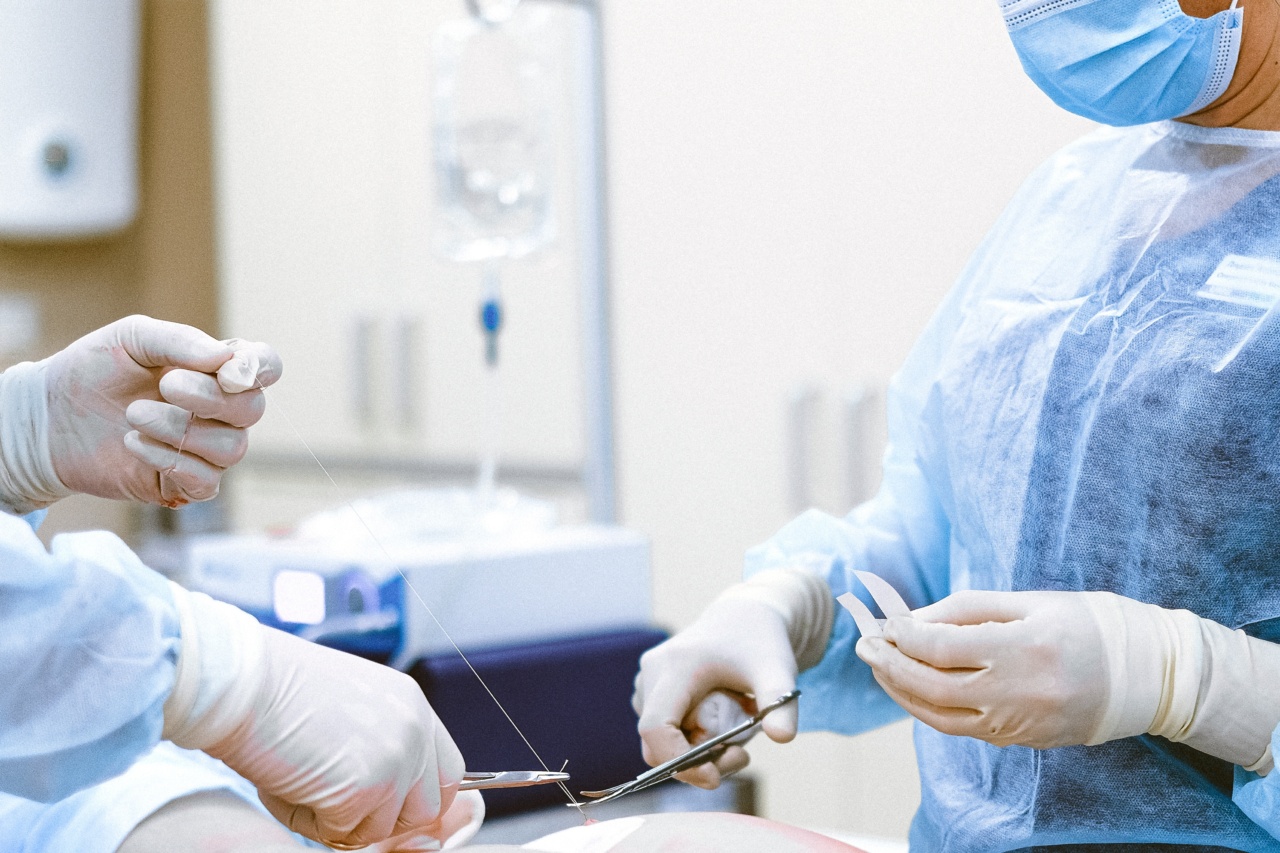Hernia occurs when part of an organ protrudes through muscle or tissue walls and creates a bulge or lump. It can happen anywhere in the body but is most common in the abdomen area.
Common symptoms include discomfort, swelling, and pain, and if left untreated, it can lead to complications like infection and bowel obstruction.
Fortunately, hernia can be prevented through proper body mechanics, healthy lifestyle, and preventive measures. Here are ten hernia prevention techniques you should be aware of:.
1. Maintain a healthy weight
Being overweight or obese puts extra strain on your muscles and tissues, which can increase your risk of developing a hernia. Maintaining a healthy weight through regular exercise and a balanced diet can minimize your chance of developing a hernia.
2. Lift heavy objects properly
Improper heavy lifting technique can put undue stress on your abdominal muscles and potentially cause a hernia. Make sure to bend your knees and keep your back straight when lifting heavy objects.
Use your legs to push yourself up and avoid putting too much pressure on your stomach muscles.
3. Quit smoking
Smoking has been linked to an increased risk of hernia. Studies have shown that smoking can weaken abdominal muscles and increase the likelihood of developing a hernia. Quitting smoking can lessen your risk of developing this painful condition.
4. Strengthen your core muscles
Weak core muscles can put pressure on other muscles and tissues in your abdomen area, increasing the likelihood of hernia.
Simple exercises like yoga, Pilates, and core strengthening workouts can help improve your overall core strength, keeping hernia at bay.
5. Avoid constipation
Straining during bowel movements due to constipation can put excessive pressure on your abdominal muscles and increase the risk of hernia. Make sure to maintain a healthy diet and stay hydrated to avoid constipation.
6. Wear supportive clothing
Tight-fitting clothing like skinny jeans or belts can put pressure on your abdomen and potentially lead to hernia. Wearing loose-fitting and supportive clothing can help reduce unnecessary pressure on your muscles.
7. Be cautious in sports
Activities like weightlifting and contact sports can place significant pressure on your abdominal muscles and increase your risk of hernia. Make sure to wear proper protective gear and avoid overdoing it when participating in sports.
8. Maintain good posture
Bad posture has been linked to an increased risk of hernia. Slouching and hunching can put undue pressure on your abdominal muscles and increase your chances of developing a hernia. Make sure to consciously maintain good posture throughout the day.
9. Manage chronic coughing
Chronic coughing due to asthma, bronchitis, or other respiratory issues can put continuous pressure on your abdominal muscles and tissues, which may lead to hernia.
It’s important to manage your respiratory issues and avoid triggers that may cause excessive coughing.
10. Get regular check-ups
Regular health checks can help detect hernia at an early stage and prevent serious complications. Make sure to schedule a routine health check-up with your doctor at least once a year to ensure you remain healthy and free from hernia.
Overall, hernia is a painful and potentially dangerous condition that can be prevented. By adopting these simple, practical techniques, you can keep hernia at bay and ensure optimal health.






























